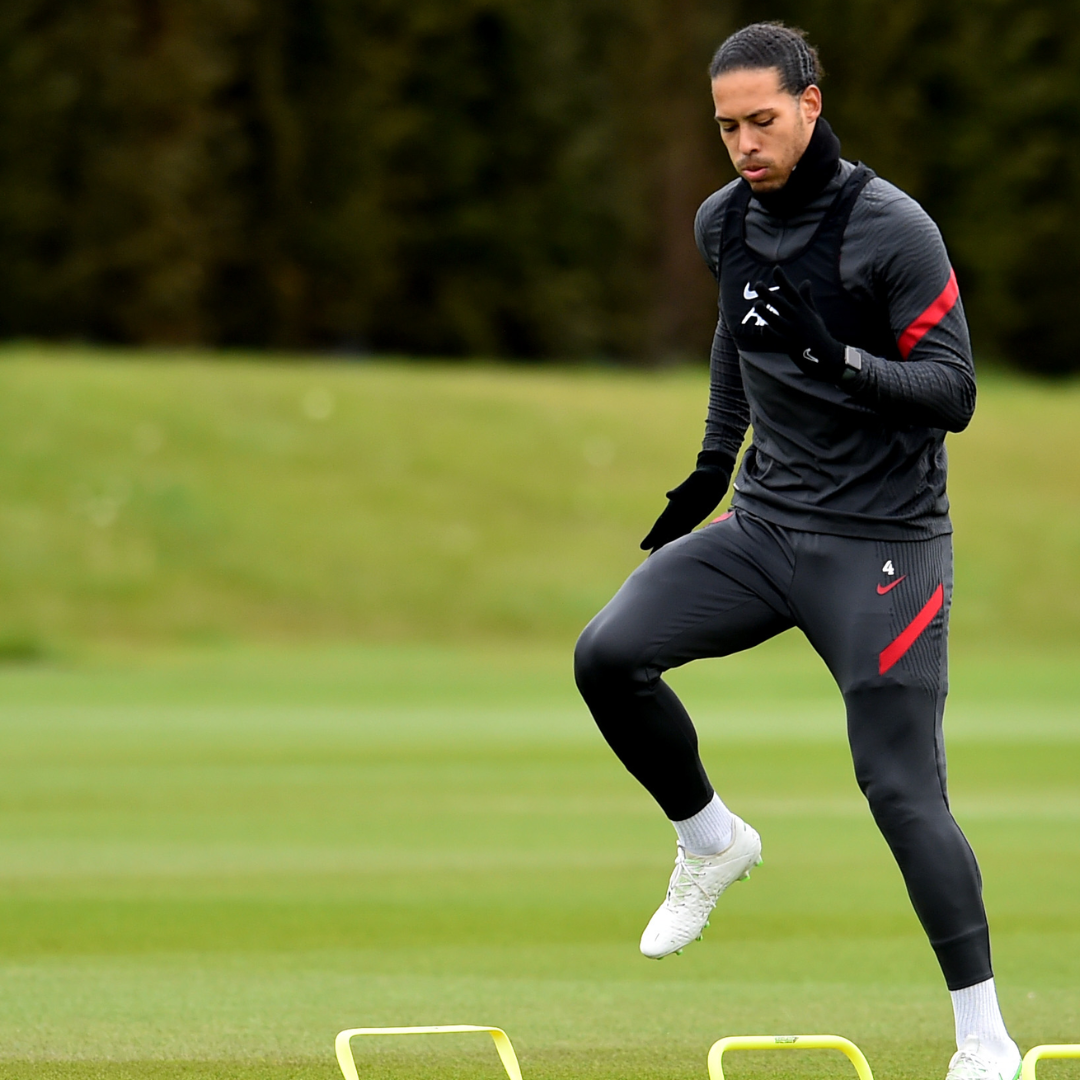Sports Recovery and Rest Days

It is common knowledge within the world of athletes that it is important to build recovery time into your training program to perform consistently at a high level. While taking a rest day may seem counterproductive, there are several benefits to taking rest days, such as improved performance over time and improved mental health.
How Will Your Body Tell You That You Need A Rest Day?
Whether you exercise most days or only at weekends, listening to what your body tells you is important. This is because if you ignore your body, you may injure yourself seriously. If you begin to experience feelings of exhaustion or fatigue combined with muscle aches or joint pain, this may be your body telling you that you need to take a break.
Additionally, if you monitor your performance levels and notice a decrease in your output, this may be your body's way of telling you to stop and relax. Further signs include a change of mood, difficulty sleeping, a loss of appetite or feelings of stress and agitation. These combined show that you may be exercising too often or too hard, and therefore, you should adjust your schedule to build in additional rest days.
What Are the Benefits of a Rest Day?
Whether you are an amateur athlete or at the top of your professional game, you will need to rest for your physical and mental health. Here are some of the many benefits.
Promotes Muscle Recovery
Firstly, and perhaps most importantly in athletes, exercise exhausts the body depleting its energy stores, making it difficult for the body to repair itself. Exercise also breaks down the muscles, and energy is required to fix these. If you do not take rest days, your body will be more likely to be injured, leading to pain and a slow recovery process.
Leads To Better Relaxation
As well as aiding your physical health, rest days can also benefit your mental health by giving your body and your mind a break. It enables you to take time for yourself, giving you time to relax, spend time with your family and friends, or simply enjoy your own company.
Mental health is equally important as physical health, and creating time within your hectic schedule can help balance your emotions and body, meaning that you perform even better when you get back to it.
Prevents Overtraining
Training and exercising too often with no recovery days can lead to your body overtraining. Many athletes experience overtraining syndrome in their lifetime, with some finding it difficult to ever fully recover. Overtraining syndrome can lead to several negative symptoms that can last some time, including increasing the likelihood of dehydration, increasing body fat levels, negatively impacting mood and lowering your libido.
Conclusion
To conclude, it is clear that rest days are an important part of any training schedule, and this is proven by the fact that all athletes at the top of their game ensure they have enough time to recover. Consider adding these into your schedule for the best results.



